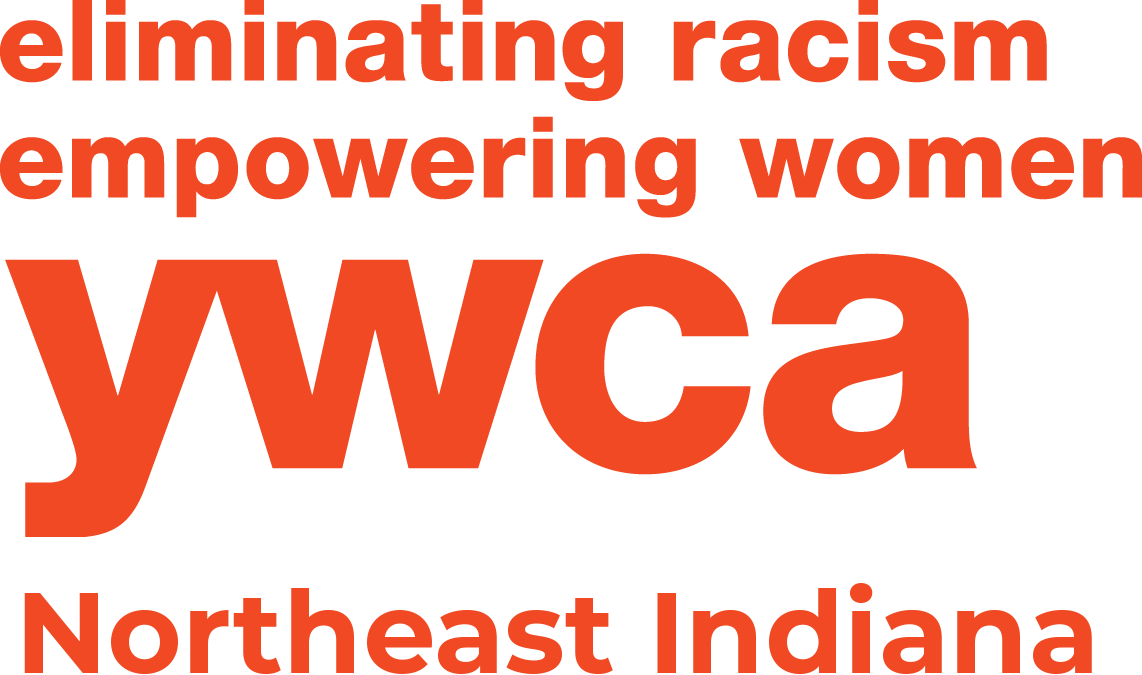Dear AllY,
While we are currently coming out of a fevered interest in addressing sociocultural inequalities, the need to address the attitudes and conditions which persist around the topic of race remain. Ever since I have been both conscience and conscious, some of my experiences have been shaped by the stigmas surrounding race and social positions. And the same for you! Sometimes, acknowledging the presence of race, in any given situation, can feel like walking in a field of landmines. Often we find ourselves as individuals and society avoiding the discomfort of addressing the presence of racism head on. I wonder how we can find a way to go forward together, intentionally, as individuals and as a community. Not only are there old wounds to heal, but we also need tangible tools to direct our future. In the interest of building a community of allies in our northeast Indiana community, it is my intention to be honest and vulnerable with you. I will share with you my fears and hopes as we wade into these racially tense waters together. I believe that the most impactful learning happens experientially, so by utilizing stories, videos, articles, and by inviting new voices into the conversation, I hope to appeal to the senses of your brain and heart.
As a lover of my intersectional cultures, I have watched almost all the documentaries there are regarding American and Black American history. However, I did not do much in the way of celebrating Black American history this year. When it comes to talking about the racial dynamics of being a Black American woman, I felt fatigued by the realization that celebrating the resilience of Black Americans is only one side of the coin. All of our progress as a cultural group is marked by reluctant, and oftentimes violent, systemic developments. That is to say, in order for us to mark our achievements, systems have to change and be forced to include us. Minorities have always championed the aspirations of our American forefathers. It has never been us that needed to change. I was recently in a multicultural and multigenerational space and observed an exchange between a White American woman and a college age student whose ethnicity was Middle Eastern, Arab, or Muslim. She asked the young man, “Where are you from?” to which he responds, “California.” Clearly misunderstanding, the woman says, “Oh, well, where is your family from?” The young man’s brows scrunch and he states with a shrug, “America.” And perhaps I am mistaken, but I registered a flash of disappointment with this response. Even with the best of intentions, racial minorities are still seen as outside of what it means to be “American,” as if those of us with more melanin are “permanent aliens” in our own country.
Those of us who are an educated racial minority, in professional positions, middle class and above, are not exempt from these types of projections, which indicate the visceral conditioning and response to skin color specifically. I want to repeat that. In 2023, before our humanity as individuals is acknowledged, we brown skinned folks have to roll out our credentials to help some Americans visually and psychologically see that we are not the stereotypes that they are projecting on us. Reference 2nd Lieutenant Caron Nazario’s experience being pepper sprayed while in uniform. If the response to the officers’ action is sympathy, it may be because being fearful of brown skin has been normalized. A reader may see this as an isolated incident, to which I respond that the officers’ attitudes and behaviors are conditioned within social systems, which at every turn tells us (yes, all of us) that brown skinned people need to be feared and controlled. This in turn justifies the pervasive control and domination of brown bodies across social sectors and industries. Here I leave the reader at the crossroads of the individual and the institution. To be an allY, we need to begin to understand the programmed biases that exist within institutions as well as within the individual. I am including resources to help you in this journey.
Heather Guy, Racial Justice Coordinator

AllY Toolbox Resources
